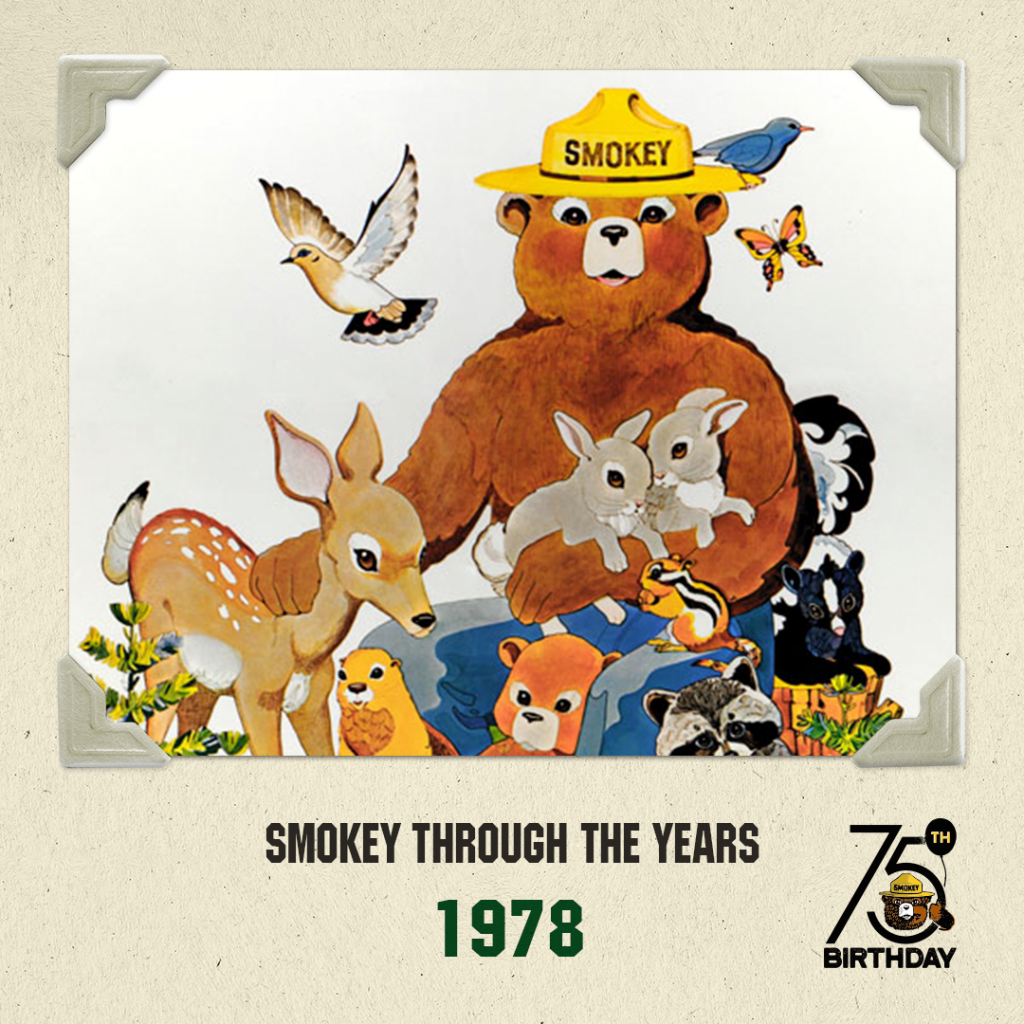
Wildfire Smoke Tips
General:
The Air Quality Index Scale (AirNow.gov) uses standard measures of particles in the air to help determine the risk to your health.
Wildfires generate a wide variety of particles and toxins that enter the air that we breathe. Most of these particles are very small and can easily get deep into our lungs.
When the Air Quality Index is high stay indoors when possible and avoid vigorous activity that increases the rate of breathing. Even if you don’t feel like the smoke is bothering you it can cause long term damage to your lungs.
Talk with your medical provider about high risk conditions that might increase your risk of symptoms or illness from smoke exposure. High risk conditions typically include heart disease, lung disease including asthma, elders, children and especially infants, and pregnant women.
Make sure you are up to date on vaccines especially vaccines for pneumonia and influenza since wildfire smoke exposure can increase the likelihood and severity of these illnesses.
The relationship between the severity of covid infections and wildfire smoke is not yet known but smoke exposure increases the severity of other similar respiratory infections.
Avoid wildfire smoke exposure:
The best way to avoid effects of wildfire smoke is to stay indoor in an area with filtered air.
Filters should have a MERV rating of 13 or higher to be most effective at removing the air particles from wildfire smoke.
Stay indoors with windows and vents closed.
If you have air conditioning run the unit on the recirculate setting with a filter and the outside vents closed.
Most evaporative coolers do not have a filter. Small toxic particles in the air from wildfire smoke are not removed with a swamp cooler. Running these units without a filter blows more smoke into your home.
Cars typically have an air filter and the ability to recirculate air. Use this option if you need to drive when the air quality index is high.
Wildfire smoke and mask use:
We are all more familiar with the types of masks available than we were a year ago. You may be wondering if the mask that you wear to decrease the spread of covid also helps with the wildfire smoke:
Cloth masks: fabric is not designed to filter air. Cloth masks help decrease the spread of respiratory infections such as covid because the droplets produced when you cough or sneeze are big enough to be blocked by the fabric. When you are breathing with a cloth mask on, most of the air goes around the sides of the mask. The particles in wildfire smoke are smaller than those produced by a cough or sneeze and are not blocked by most fabric. Depending on the type of fabric and how tightly the mask fits typically cloth masks or bandannas only block about 10 percent of the particles from wildfire smoke.
N95 masks: If a mask meets the required specifications to be an N95 mask (which is not true of all masks that can be purchased with this label) it is designed to filter that air that you breath. To work best N95 masks need to be professionally fitted and tested for leaks. Even when not fit tested an N95 mask filters about three quarters of wildfire smoke from the air that you breath.
Vented masks are not recommended to decrease the spread of covid since they do not block droplets that you breathe out. They may help to decrease the wildfire smoke particles that you breathe in depending on the fabric and fit of the mask.
-Dr. Helvie






